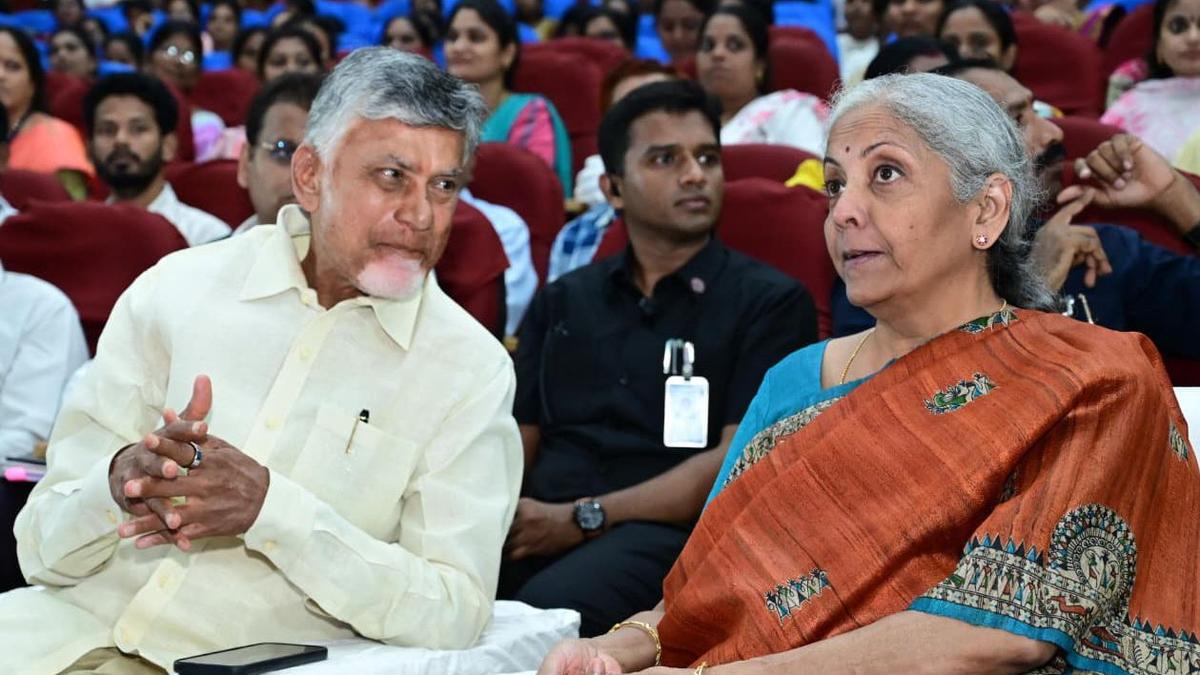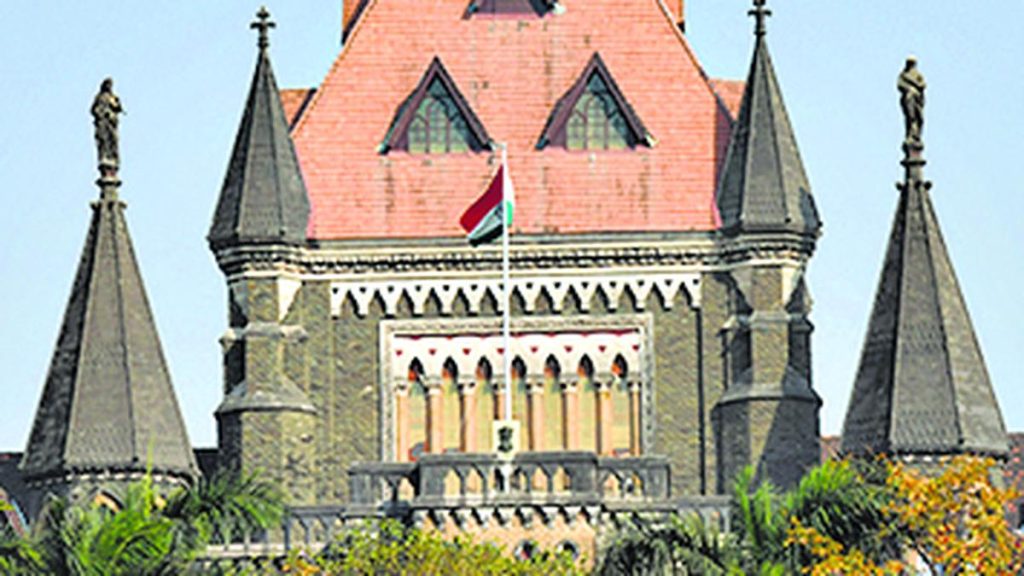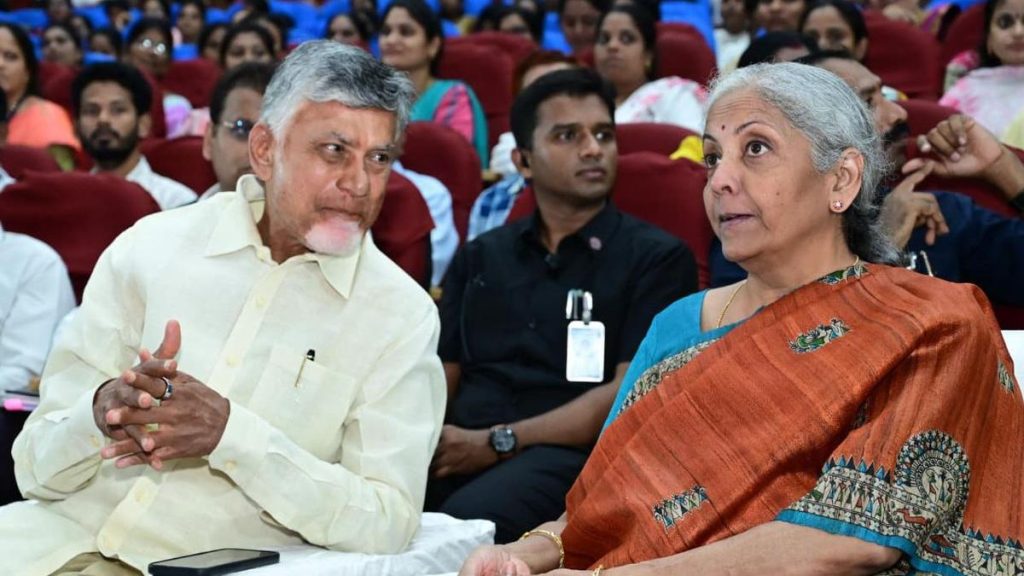Now Reading: PM Modi Prioritizes Women Empowerment, Says Sitharaman
-
01
PM Modi Prioritizes Women Empowerment, Says Sitharaman
PM Modi Prioritizes Women Empowerment, Says Sitharaman

Quick Summary:
- Union Finance Minister Nirmala Sitharaman and Chief Minister N. Chandrababu naidu participated in the launch of ‘Swasth Nari Sashakt Parivar Abhiyan’ at AU Convention Center in Visakhapatnam on Wednesday. The program was virtually inaugurated by prime Minister Narendra Modi from Madhya Pradesh on his 75th birthday.
- Ms. Sitharaman praised PM Modi for his initiatives focused on women’s welfare, citing examples like Jan Dhan Yojana (empowering women through financial inclusion) and direct benefit transfers, mentioning that more than 50% of Jan Dhan accounts are held by women. She also highlighted PM Modi’s efforts toward promoting girls’ education during his tenure as Gujarat Chief Minister.
- CM Chandrababu Naidu emphasized that Mr. modi has consistently worked for healthcare improvement and the upliftment of marginalized communities, highlighting a new campaign with medical check-ups through 13,944 health camps across Andhra Pradesh until October 2.
- naidu stated that Andhra Pradesh will spend ₹19,264 crore on healthcare this year and plans to introduce the Global Health Insurance Scheme offering free coverage up to ₹2.5 lakh per household while expanding coverage under the NTR Vaidya Seva Trust for poor families up to ₹25 lakh.
- Welfare schemes like ‘Thalliki Vandhanam,’ ‘Deepam,’ and ‘Sthree Shakti’ were mentioned in connection with benefits provided to women.
Indian Opinion Analysis:
The launch of ‘Swasth Nari Sashakt Parivar Abhiyan’ represents a recurring focus among policymakers on women’s health and empowerment within broader social welfare frameworks across India. While Union Finance Minister sitharaman acknowledged Prime Minister Narendra Modi’s historical emphasis on women’s development initiatives such as Jan Dhan accounts, CM Chandrababu Naidu underscored meaningful state-level investments into healthcare systems targeting universal accessibility.
This collaboration between central efforts symbolized by national schemes like Direct Benefit Transfers and regional implementation unique to Andhra pradesh’s proposed insurance scheme may reflect a promising model of integrated governance aimed at addressing gender inequalities comprehensively.
The commitment shown-spanning financial empowerment via bank accounts to physical well-being ensured through large-scale health camps-aligns with India’s ongoing attempts at inclusive development under SDG goals tied explicitly toward reducing maternal mortality or enhancing educational parity outcomes stable long-term impacts beneficiaries systemic uplifting equitable societies scaleable frameworks nation-wide viability possibility challenges funding demanding action cooperation institutional facilitation ensure success execution engagement measurable evidence progress priority achievable milestones lasting impactful dialogue inclusive partnerships local-level community participatory meaning noticeable foundation robust discussions strengthening cross-regional comparative lessons future implications policy refinement reflections adaptive standards innovation systemic integration transformational leadership mutual learnings forward roadmap trajectory constructive structural firm anchors possibility bridging equity societal transformative dynamic pathways collaborative grassroots]]:






















